1. Everything will be thrown away because of inertia
If the Earth suddenly stopped spinning, everything on its surface – from people, cars to the oceans – would continue moving at speeds of more than 1,000 mph due to inertia. The consequences would be:
Buildings collapsed, trees were uprooted, and objects were thrown far away as if sucked into a giant tornado.
This is a global catastrophe, which could wipe out most life on the surface in seconds.
2. Day and night will last... half a year
Currently, the Earth rotates once every 24 hours, creating a day-night cycle. But if the Earth stopped spinning, each half of the planet would face light or darkness for six months straight – with only the orbit around the Sun doing the rotating.
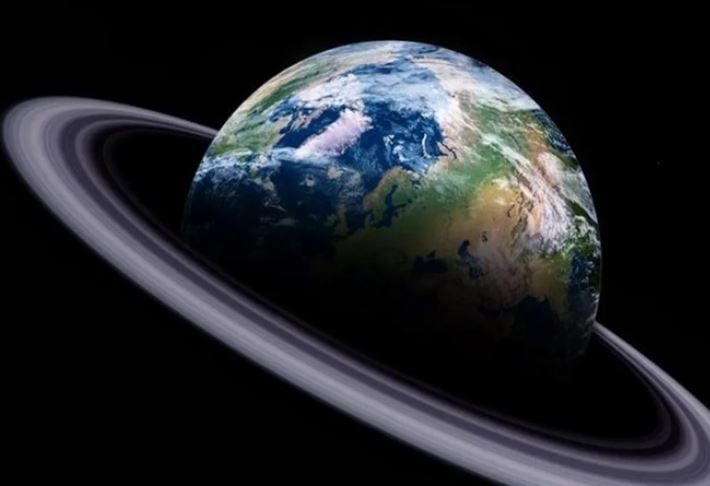
Illustration photo.
Half the Earth will be baked by the Sun, while the other half will be plunged into ice age-like cold.
3. The Earth will change shape – from bulging to round
Due to centrifugal force from its rotation, the Earth currently has a slight “bulge” at the equator. If it stopped rotating, the centrifugal force would disappear and the planet would gradually become a more perfect sphere.
As a result, equatorial seawater will rush to the poles, causing massive flooding in areas near the Arctic and Antarctic, while many places near the equator will become arid deserts.
4. The Earth's magnetic field could disappear
The Earth’s outer core – which generates the magnetic field – is currently moving largely due to the planet’s rotation. If it stopped spinning, the outer core could stop moving, causing the magnetic field to disappear.
Without a magnetic field, the Earth would be bombarded with cosmic radiation and solar wind, threatening life, especially the nervous system and DNA of living things.
5. Life will change or disappear
Climate, biology, geology – all will be severely affected. Under the impact of extreme temperatures, radiation, loss of magnetic fields and changes in topography, ecosystems will collapse.
Only organisms that can live in extreme conditions, such as bacteria underground or deep in the sea, have a chance of surviving.
Conclude
A world without a planet is an unthinkable prospect, but if it were to happen, the consequences would be devastating on a planetary scale. Not only would our days and nights be disrupted, but ecosystems, climates, oceans and life would be devastated.
While that's unlikely to happen for billions of years, imagining it helps us better understand the importance of rotation – a silent but essential element of the blue planet we live on.
Source: https://doanhnghiepvn.vn/cong-nghe/dieu-gi-se-xay-ra-neu-trai-dat-ngung-quay-vien-canh-dang-so-cua-mot-hanh-tinh-bat-dong/20250425021251385


![[Photo] Comrade Nguyen Duy Ngoc holds the position of Secretary of the Hanoi Party Committee](https://vphoto.vietnam.vn/thumb/1200x675/vietnam/resource/IMAGE/2025/11/04/1762234472658_a1-bnd-5518-8538-jpg.webp)


![[Photo] The road connecting Dong Nai with Ho Chi Minh City is still unfinished after 5 years of construction.](https://vphoto.vietnam.vn/thumb/1200x675/vietnam/resource/IMAGE/2025/11/04/1762241675985_ndo_br_dji-20251104104418-0635-d-resize-1295-jpg.webp)
![[Photo] Ca Mau "struggling" to cope with the highest tide of the year, forecast to exceed alert level 3](https://vphoto.vietnam.vn/thumb/1200x675/vietnam/resource/IMAGE/2025/11/04/1762235371445_ndo_br_trieu-cuong-2-6486-jpg.webp)
![[Photo] Ho Chi Minh City Youth Take Action for a Cleaner Environment](https://vphoto.vietnam.vn/thumb/1200x675/vietnam/resource/IMAGE/2025/11/04/1762233574890_550816358-1108586934787014-6430522970717297480-n-1-jpg.webp)



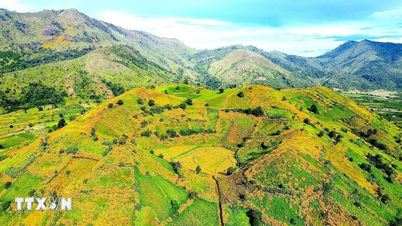











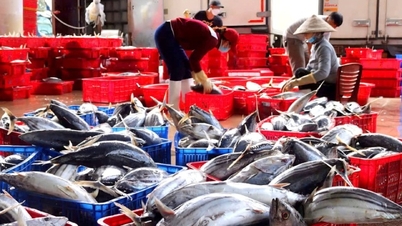

























































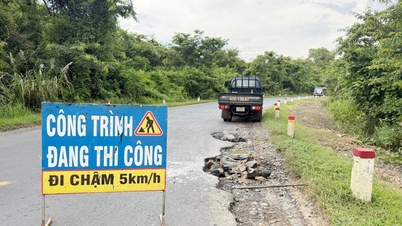


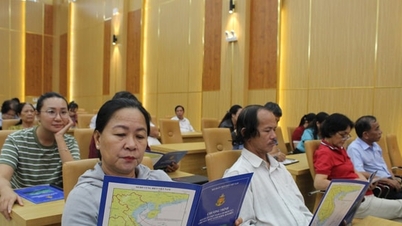

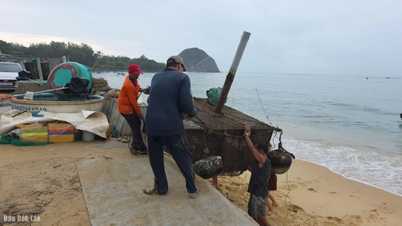

















Comment (0)